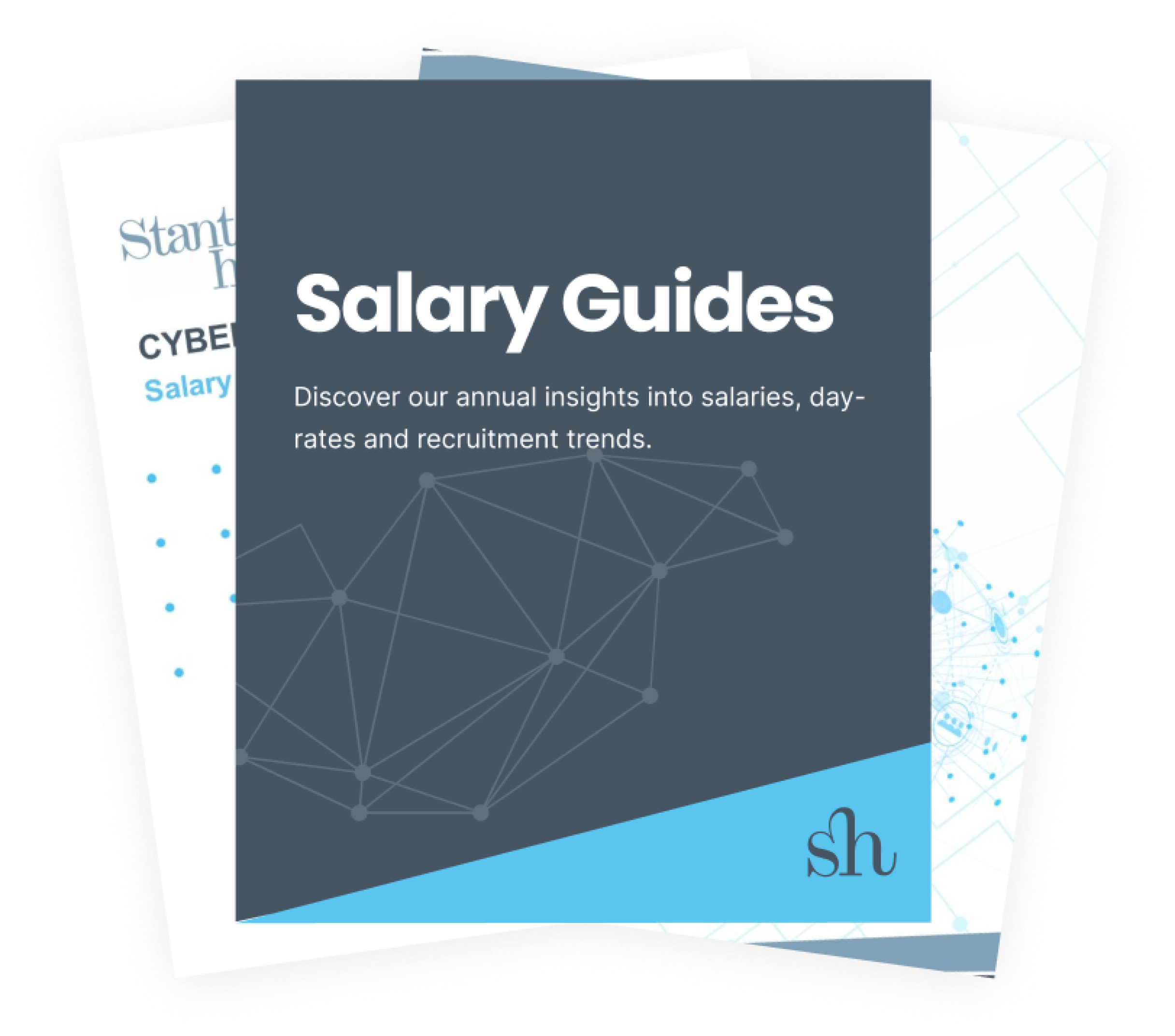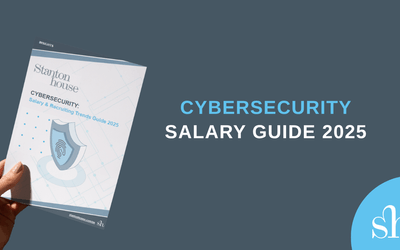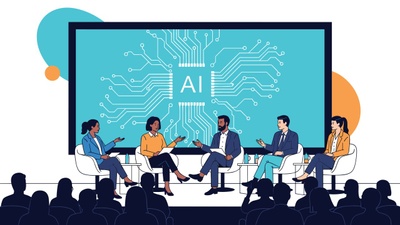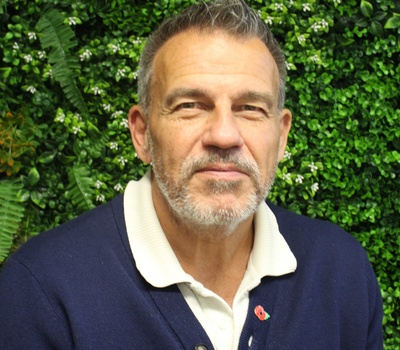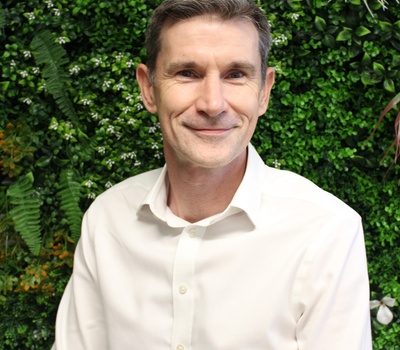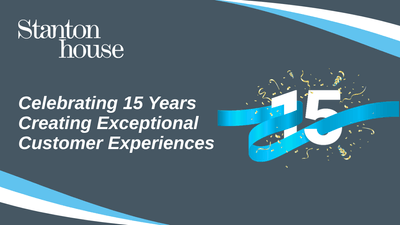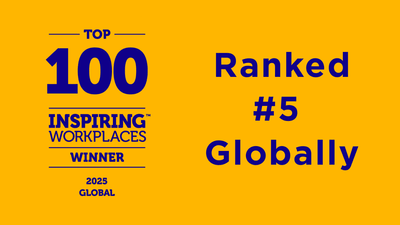
From Hype to Value: Making AI Work inthe Real World
When we launched the Leaders in AI interview series at Stanton House, my goal was simple: to cut through the noise and speak with people who are actually leading AI transformation in the real world.
Not talking about what’s possible someday.
Not speculating about the future.
But showing what’s already working - where the value is real, the risks are being managed, and the people building these systems are honest about the challenges.
That’s why I was thrilled to kick off the series with Iaian Sherwell, Global Head of AI Operations at IFS.
Iaian and his team are doing what many businesses are still figuring out: embedding AI into enterprise systems in a way that is secure, scalable, and useful. Not in a lab. Not in theory. But in industries like aerospace, construction, and manufacturing, where things have to work, and failure isn’t an option.
Here are a few of the most important takeaways from our conversation….
1. AI in Enterprise Is a Whole Different Game
One thing that really struck me was Iaian’s clarity on the difference between consumer AI and industrial AI.
When you ask ChatGPT to summarise an article and it gets it wrong, it’s mildly annoying. But when you're trying to predict aircraft engine maintenance - or process multimillion-dollar invoices - a "hallucination" isn’t just inconvenient. It’s a compliance issue, a safety risk, and a potential financial liability.
At IFS, their approach is to embed AI directly into the ERP - so it’s context-aware, governed by the same security rules, and designed with the industry’s real constraints in mind. That integration, Iaian explained, is key to getting trust, usability, and value from AI in critical business environments.
2. Don’t Just Automate - Learn
Another key distinction Iaian made was between smart automation and agentic AI.
RPA, he noted, is often rule-based and static. It follows steps. But AI agents are different. They’re goal-seeking, adaptive, and capable of learning from feedback.
He used a great example: if you ask an agent to “maximise revenue from these 100 customers,” it doesn’t just run a script. It looks at products, gaps, opportunities - and learns what works. That’s the future: AI that doesn’t just do things for us but improves how things are done over time.
3. Rapid Prototyping Beats Endless Pilots
Iaian was refreshingly honest about why so many AI projects stall. One stat really stayed with me: only 5% of AI projects deliver the value they promise (according to an MIT study he referenced).
Why? Because companies experiment too long and implement too little.
At IFS, they’ve invested in a Rapid Innovation function that helps customers get real, tested outcomes faster—using deep industry expertise, clear objectives, and collaborative design. That ability to quickly prototype, prove, and improve is something I think more AI teams (and hiring managers) need to prioritise.
4. Skills Are Important - But Attitude Is Everything
As someone who works closely with hiring managers and candidates in AI, I was keen to ask Iaian what skills he looks for.
His answer surprised me.
Yes, technical ability matters - but what he’s really looking for is:
- Prioritisation skills (there are a lot of AI requests)
- Continuous learning mindset (tech is evolving weekly)
- Communication skills (to share progress and challenges across teams)
I loved this perspective. It echoed something I’ve seen in my own work: that the best AI professionals aren’t just coders - they’re collaborators, problem-solvers, and adaptable thinkers.
5. AI That Works Is AI That Understands Your Business
Perhaps the most important theme throughout our chat was this: context is everything.
Whether it’s anomaly detection, predictive finance models, or support ticket triage, the real magic happens when AI systems are built for the specifics of an industry, not just a generic use case.
Iaian’s team at IFS is combining technical expertise, industry knowledge, and user insight into solutions that don’t just sound smart—they are smart. And that’s what it takes to make AI truly transformational.
Final Thoughts
Speaking with Iaian reminded me why I love working in this space. The possibilities of AI are exciting—but it’s the people making them real that truly inspire me.
This is just the beginning of the Leaders in AI series, and I can’t wait to share more conversations that go beyond the buzzwords and get into what it actually takes to deliver value with AI.
If you haven’t listened to Episode 1 yet, you can watch below or check it out here: https://youtu.be/wSEG65OahYc
And if you’re building AI teams - or looking to join one - feel free to reach out. I’d love to help.

